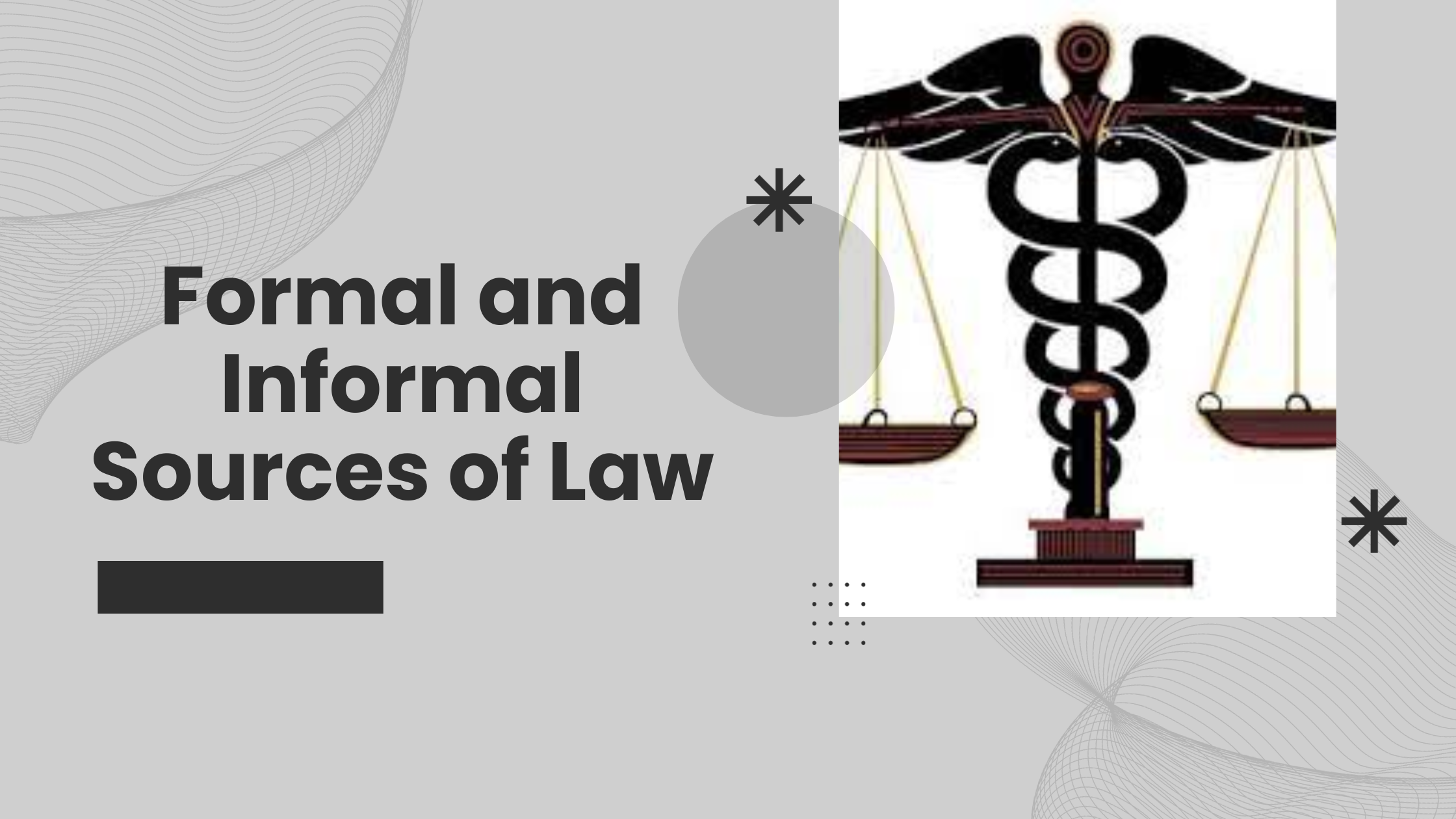Formal and Informal Sources of Law
India has a diverse legal system vividly incorporates formal and informal law sources, including municipal and international aspects. The legal framework of any society is the foundational structure that underpins the functioning of the entire legal system. It represents a complex and intricate blend of rules, norms, and principles that collectively serve as the guiding force governing the behaviour of individuals within that society. These legal rules and principles are analogous to the structural supports of a building, providing the necessary stability and order for the functioning of the social and legal architecture. In essence, the legal framework serves as a blueprint, defining the boundaries, obligations, and rights individuals must abide by, thus ensuring order, justice, and social harmony. This notes describes about the formal and informal sources of law.
Customs As Per Hindu Law
Most of the Hindu law is based on customs and practices followed by the people across the country. Customs was considered as a supreme law and in ancient times, the Kings used to give decisions based on customs after due religious consideration. This manuscript describes customs as per Hindu Law in detail.
Mistake of fact
clarity over one of the prime general exceptions in the code with relevant case overviews and illustrations.
Arbitral Award: Know The Basics
Whenever a case is referred or is being resolved by arbitration, a neutral third party is appointed known as an arbitrator.



